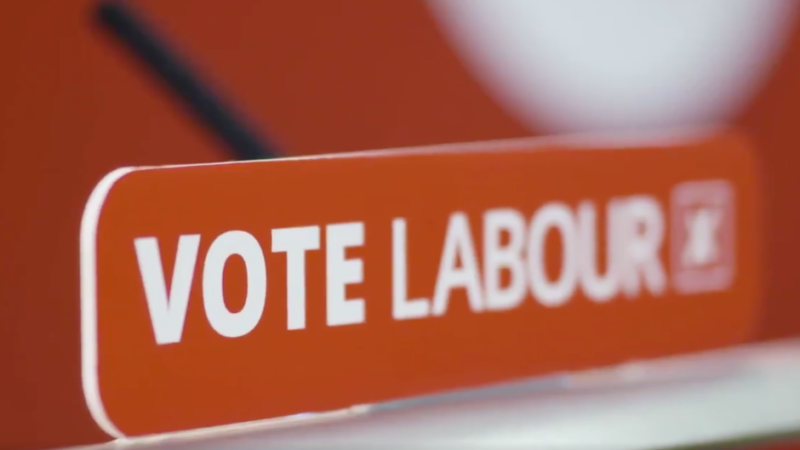
James Asser, the LGBT campaigner who represents socialist societies on Labour’s national executive committee, has today replaced Ann Henderson as chair of the ruling body’s equalities committee.
The chair post had been held by Henderson, who was elected to the sub-committee role in January 2019, but the Momentum-backed Scottish rep was not re-elected in the latest Labour NEC contests last month.
Asser, the representative of 22 affiliated organisations on the party’s ruling body, is considered to be a strong backer of the new leadership under Keir Starmer. He is a councillor and cabinet member in Newham.
He tweeted: “Very honoured to be elected chair of the Labour NEC equalities committee. Thanks to all my colleagues for their trust and support. We’ve lots to do but I’m looking forward to the challenge.”
His election was welcomed by the Jewish Labour Movement’s Peter Mason, as well as NEC members Luke Akehurst and Ann Black, who described the meeting of the new equalities committee as “constructive”.
Black also revealed that she is now vice-chair for women jointly with Unite’s Jayne Taylor, Lara McNeill is vice-chair for youth, Nick Forbes for LGBT+, Ellen Morrison for disability and Carol Sewell for BAME.
Alice Perry, who had been rumoured for the equalities chair role until she was chosen as vice-chair of the NEC, tweeted that she was “proud to second” the nomination of Asser for chair of the sub-committee.
The local government representative said: “James has a strong record defending [all-women shortlists], tackling hate and prejudice, and improving culture and processes to increase diversity of political representation.”
Labour MP Harriet Harman said: “Congrats @JamesAsser on your election as chair of @UKLabour equalities committee. Labour is the party of and for equality and I look forward to supporting you in your work.”
Asser is now a member of the NEC officers’ group, which comprises the following:
- Leader – Keir Starmer
- Deputy leader – Angela Rayner
- NEC chair – Margaret Beckett
- NEC vice-chair – Alice Perry
- Treasurer – Diana Holland
- Joint policy committee co-convenor – Tom Warnett
- National policy forum chair (when also an NEC member) – Ann Black
- Organisation committee (‘Org Sub’) chair – Andy Kerr
- Disputes panel chair – Yasmine Dar
- Equalities committee chair – James Asser
Both the CWU’s Kerr and member representative Dar are on the left of the party and can be critical of the new leadership. The GMB’s Warnett is usually thought of as a ‘swing voter’ on the ruling body.
Perry and Black are seen as ‘soft left’ in the party, Holland is supported by the Labour left but did not join the recent walkout staged by 13 other Starmersceptic members, and Beckett is a firm Starmer supporter.
The election of Asser to the post therefore represents a significant victory for the leadership, which has hugely strengthened its support on the officers’ group since the most recent NEC elections.
It is expected that the position of Dar – who is an NEC officer on the basis of being chair of the NEC disputes panel – will be contested by a pro-leadership NEC member when her term ends in January.
At a Labour conference event by Labour First in 2019, Asser complained that the NEC had disaffiliated Labour Students “without any debate at all”, referring to Jon Lansman’s motion to scrap the student body.
He also said Labour NEC meetings were consumed with discussions about the value of the word ‘much’, but “what we didn’t talk about was the imminent election or any strategy about it”.
With Forbes, Perry, George Howarth and Tom Watson, Asser proposed a motion in July 2019 for Labour to set up an independent process for racism, sexism, misogyny, homophobia and transphobia complaints.
As chair of the socialist societies executive, he wrote for LabourList in 2014 that the societies “represent a core idea of what the party is; something more than just a political party, part of a wider movement”.




More from LabourList
Ashley Dalton resigns as health minister for cancer treatment
Paul Nowak column: ‘Labour must focus on the basics’
‘Labour’s two-child cap victory rings hollow while asylum-seeking children remain in poverty’